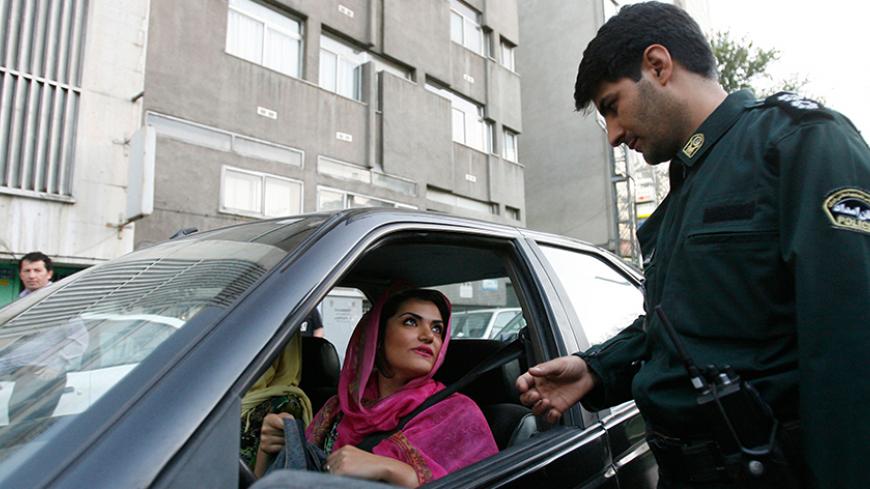Tehran police chief's recent announcement about the dispatch of 7,000 undercover morality agents has stirred much criticism in Persian-language media and social networks. The backlash is mostly focused on the social costs of the undertaking; namely, the violation of privacy and civil liberties, the possibility for ethical abuse and the creation of distrust among people. There are also concerns about the ambiguities of the project, such as the method of targeting, training and operation of the undercover agents, as well as the legality of their activities.
In his election campaign, President Hassan Rouhani had promised, "I will work with the police in order to make sure that there is real security in society, and I will not allow any unknown or unidentified agent to question people." This pledge is now being doubted, though based on the administration's statements, it appears that concerns and criticisms similar to those raised in the media are also being brought up within the presidency. Rouhani has emphasized, "People's freedom cannot be limited by anything other than the law. Not even the administration or the judiciary can limit people." He has also promised that his administration will "do everything within its executive power" regarding this issue.



